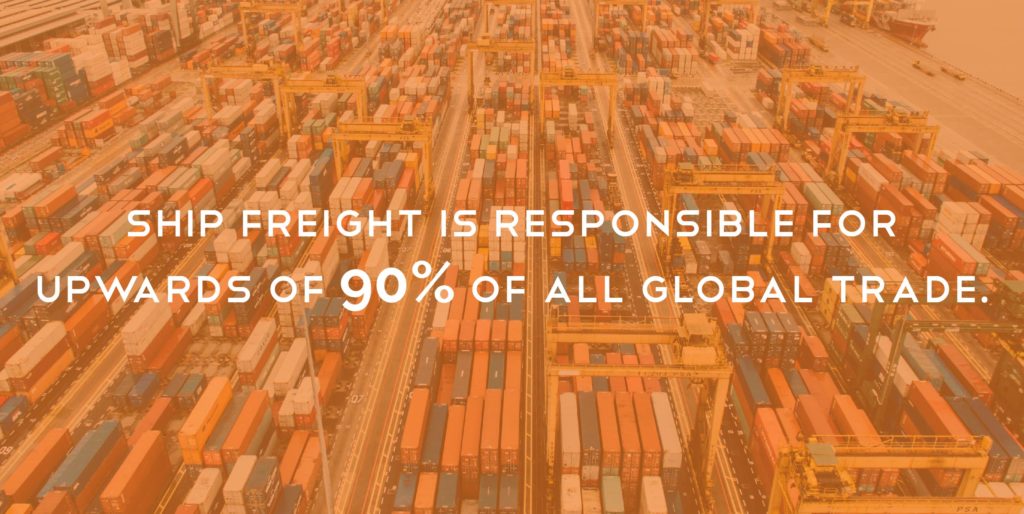Ship freight is responsible for upwards of 90% of all global trade, and the ships moving this freight are using approximately 244 million gallons of fuel on a daily basis. When you take into account all of the noxious emissions, specifically sulfur oxides, this industry contributes to create a significant environmental impact.
Perhaps because sustainability has been a constant topic of conversation throughout the last few years, the International Maritime Organization (IMO) has new regulations going into effect January 1, 2020 that will significantly impact the logistics industry and supply chain. These regulations aren’t a complete surprise, since the industry has been working toward this since October of 2016.
These changes will have an impact on our clients, as well as any other business that works with a 3PL. We thought it would be valuable to go through what the IMO 2020 changes are, how they will impact the industry and what you can expect with the changes.
What is IMO 2020?
Before we can start talking about how this will impact the industry, it’s important to first explain what IMO 2020 is. It is the global requirement for shipping lines to reduce the amount of sulfur oxide they release that contributes to what some have deemed a climate crisis.
Currently, fuel sulfur levels must be below 3.5%. The biggest change with this new regulation is that shipping lines must begin to use a cleaner, more refined bunker (fuel) that is less than 0.5% sulfur oxide.
How Will This Impact the Industry?
Although many see this as a step in the right direction for the environment, it is not one that is going to come without associated costs. Because the lower sulfur fuel is a more refined type of bunker, it will cost more. Think of it in terms of filling up your car. There is a difference in price between regular, mid-grade, and premium gasoline for your automobile. This will function in much the same way, but on a much larger scale.
There are options aside from converting to a lower sulfur fuel, but these will also not come at a small expense. If a carrier chooses not to convert, they have the opportunity to utilize “scrubbers” which will capture the sulfur emissions in a closed system to only be discharged onshore.
What Should I Expect?
No one will be exempt from this change. Everyone will have to make adjustments to be compliant, which is going to mean increased costs across the board. Carriers have each devised their own formula for how these costs will be recouped. These additional expenses will be charged to shippers and will be passed through dollar-for-dollar, exactly as they were incurred.
If you have questions or concerns about how these changes will impact your business, please contact us today! We’re happy to help you navigate these new regulations.

